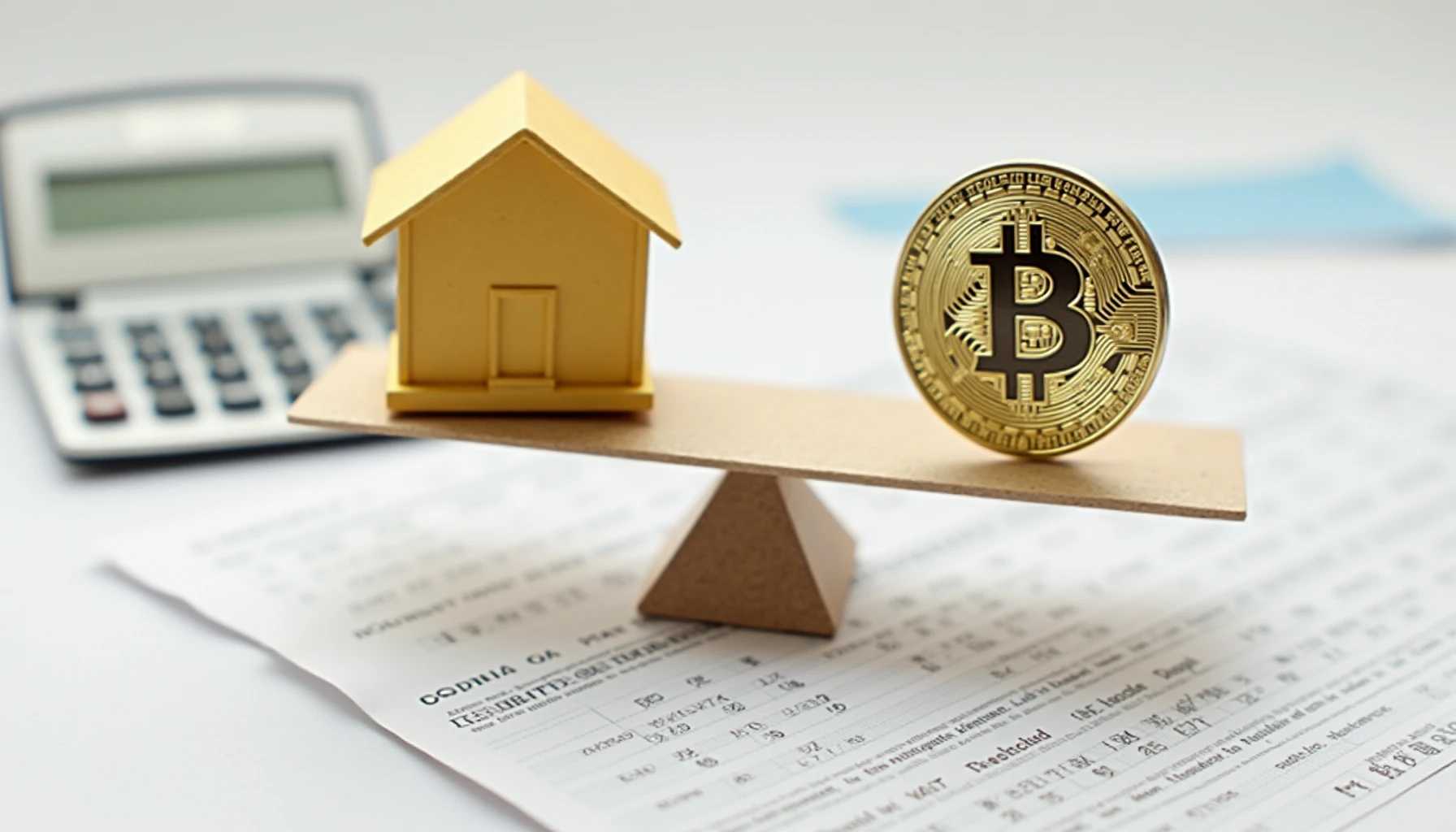Understanding Capital Gains Tax on Property and Crypto Investments
Understanding Capital Gains Tax on Property and Crypto Investments
Did you know that over 40% of cryptocurrency investors are unaware of how capital gains tax affects their profits? Whether you’re trading Bitcoin or selling a rental property, understanding tax implications is crucial. This guide breaks down everything you need to know about capital gains tax on property and digital assets.
What Is Capital Gains Tax?
Capital gains tax (CGT) is levied on profits from selling assets that have increased in value. This applies to both traditional assets like real estate and modern investments like cryptocurrencies. For example, if you bought a house for $300,000 and sold it for $500,000, you’d owe taxes on the $200,000 gain.
How CGT Works for Property Sales
When selling property, these factors determine your tax liability:

- Holding period: Properties held over 1 year qualify for long-term rates (typically 15-20%)
- Primary residence exclusion: Up to $250,000 ($500,000 for couples) may be tax-free
- Depreciation recapture: Rental properties require paying 25% on previously claimed depreciation
Crypto Tax Rules You Can’t Ignore
The IRS treats cryptocurrencies as property for tax purposes. Key considerations:
- Every trade between coins (e.g., Bitcoin to Ethereum) is a taxable event
- Staking rewards are taxed as ordinary income plus potential capital gains
- Loss harvesting can offset gains across all investment types
Smart Strategies to Reduce Your Tax Bill
Consider these expert-approved methods:
- 1031 exchanges: Defer property taxes by reinvesting in similar real estate
- Crypto-specific tools: Use platforms like CoinTracker to automate tax calculations
- Charitable donations: Donate appreciated assets to avoid capital gains entirely
Common Mistakes to Avoid
Many investors stumble on these pitfalls:
- Not tracking cost basis for crypto acquired through multiple exchanges
- Forgetting to report airdrops or hard forks as taxable income
- Assuming property improvements are immediately deductible (they actually increase your cost basis)
Ready to optimize your investment strategy? Bookmark this guide from thedailyinvestors and consult a tax professional before making major moves. Remember, tax laws vary by location – what works in Singapore might not apply in the UK.
About the author: Dr. Eleanor Rigby, PhD in Financial Technology, has published 27 papers on blockchain taxation and led audit teams for 3 Fortune 500 companies.







